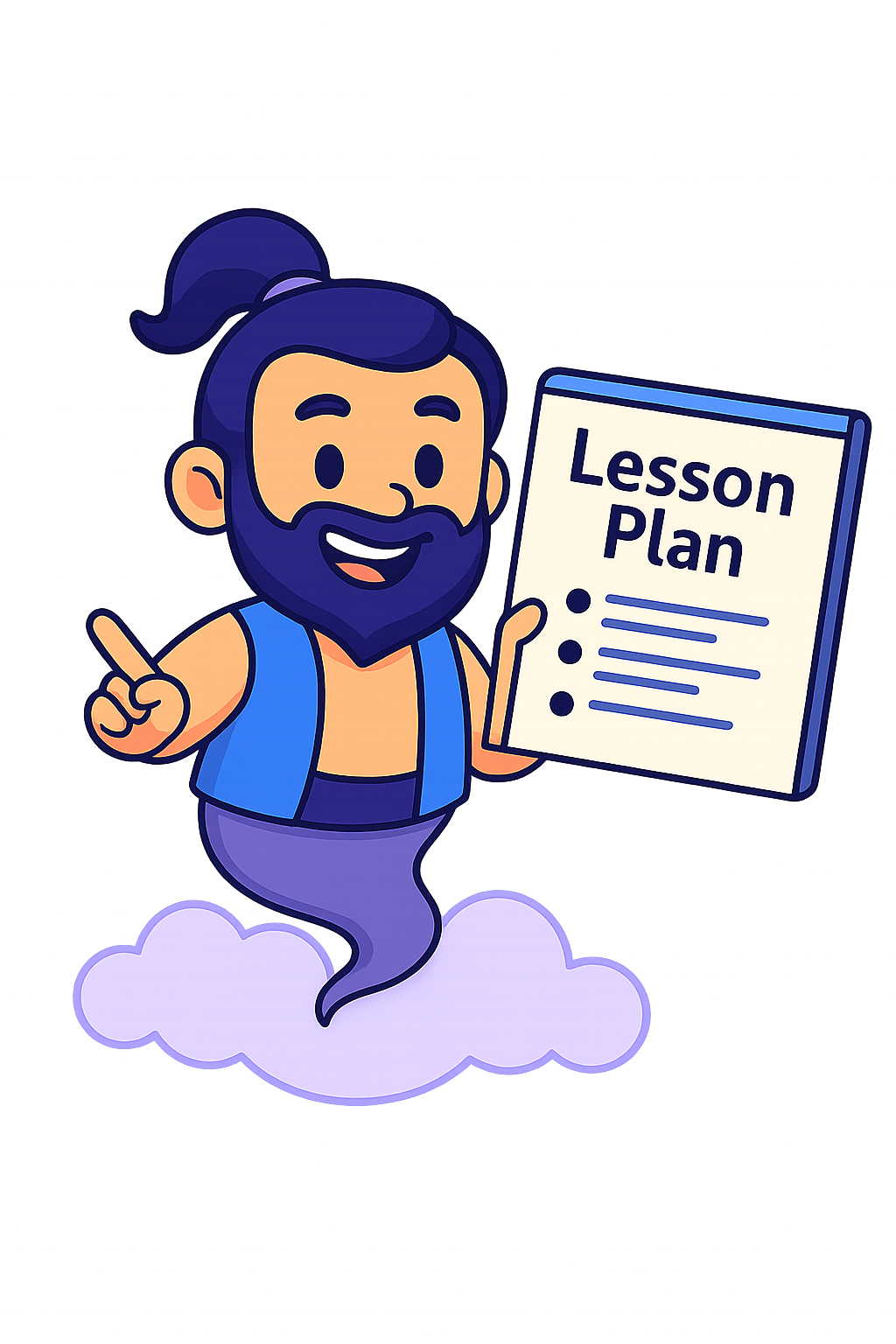 Building Fluency with Multi-Syllable Words
Building Fluency with Multi-Syllable Words
Objective: Students will improve their ability to read multi-syllable words fluently by breaking them into syllables and recognizing common syllable patterns.
Learning Objectives
- Identify and count syllables in multi-syllable words.
- Use syllable division to read unfamiliar words.
- Increase reading fluency by practicing multi-syllable words aloud.
Materials Needed
- List of multi-syllable words appropriate for 4th grade
- Index cards with syllables written on them
- Whiteboard and markers
- Notebook or paper and pencil
Key Vocabulary
- Syllable
- A unit of pronunciation that contains a vowel sound and forms part of a word.
- Fluency
- The ability to read text accurately, quickly, and with expression.
- Prefix
- A group of letters placed before a word to change its meaning.
Detailed Activities
Introduction to Syllables and Fluency
- Explain what syllables are and how words can be broken into parts.
- Demonstrate clapping out syllables in sample words together.
- Discuss why breaking words into syllables helps with reading fluency.
Syllable Sorting Game
- Give the student index cards with syllables from different words.
- Ask the student to combine syllables to form complete multi-syllable words.
- Have the student read each new word aloud, focusing on fluency and expression.
Reading Practice
- Provide a list of multi-syllable words for the student to practice reading.
- Read the list aloud together, breaking words into syllables as needed.
- Encourage the student to read the words again independently, aiming for smoothness and accuracy.
Parent & Instructor Notes
- Encourage your child to take their time when reading new words and to use clapping or tapping to identify syllables.
- Praise efforts and improvements to build confidence in reading longer words.
- Keep reading sessions short and positive to maintain engagement.
Assessment Questions
- How many syllables does the word ‘beautiful’ have?
- Can you break the word ‘important’ into syllables and read it aloud?
- Why do you think breaking words into syllables helps you read better?
Extension Ideas
- Create flashcards with prefixes and suffixes to explore how they change word meanings.
- Read a short story aloud together, identifying multi-syllable words and practicing fluency.
- Challenge your child to find multi-syllable words in books or around the house and practice reading them.
Frequently Asked Questions
Try using clapping or tapping hands to help your child physically feel the syllables in words. Breaking words down slowly can also help.
Short daily sessions of 10-15 minutes can be very effective and help build fluency over time without overwhelming your child.
Teacher’s Guide
Common Misconceptions:
- Students may think every vowel sound equals one syllable; some vowel combinations form a single syllable.
- Students might try to read multi-syllable words as one whole and get stuck instead of breaking them down.
Scaffolding Ideas:
For Struggling Students:
- Focus on two-syllable words initially before progressing to longer words.
- Use visual aids and manipulatives to support syllable identification.
- Repeat activities more frequently with immediate feedback.
For Advanced Students:
- Introduce compound words and words with prefixes and suffixes to analyze syllable patterns.
- Encourage reading aloud with expression to improve prosody and fluency.
- Have the student create their own multi-syllable word lists and teach the concept to a sibling or parent.
Pacing Recommendations:
- Begin with a brief introduction and examples for about 10 minutes.
- Use the syllable sorting game for 15 minutes to actively engage your child.
- Finish with 15 minutes of reading practice and review of concepts.
- Allow time to revisit difficult words or concepts as needed.
Standards
- 4.RF.4 — Read with sufficient accuracy and fluency to support comprehension.
Printable Worksheet
Plan Your Own Lesson
Looking for a custom lesson plan? Try our Lesson Planning Generator — create standards-based plans for any topic, instantly!
Common Core Aligned Lesson Plans
Looking for another common core lesson? See all of the lesson plans here.
More Free Lesson Plans
We’re adding more every week! Check back soon or explore all our lesson plans here.

 Building Fluency with Multi-Syllable Words
Building Fluency with Multi-Syllable Words
Leave a Reply